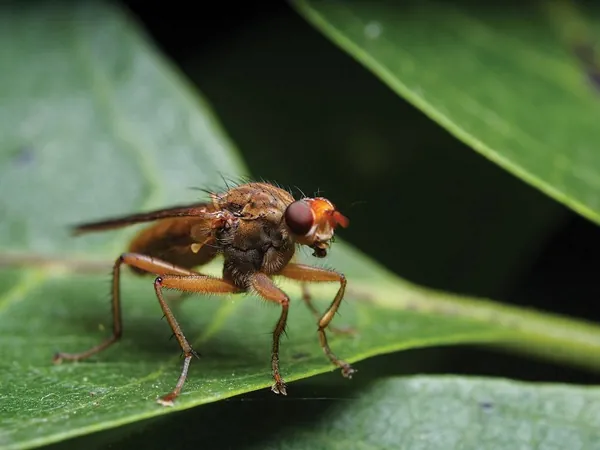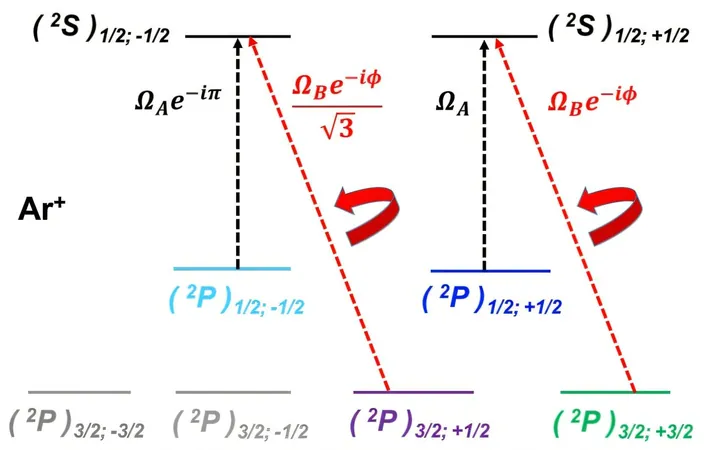
Shocking Discoveries: Noninsecticidal Agrochemicals Are Impacting Insect Behavior!
2024-10-24
Author: Mei
Introduction
Recent research has unveiled a startling truth: while insecticides have been widely blamed for decreasing beneficial insect populations, a plethora of noninsecticidal agricultural chemicals might also be causing significant alterations in insect behavior. This groundbreaking study, published in Science, highlights the complex interactions between these chemicals and ecosystem health, urging a deeper examination of agricultural practices.
Research Overview
Led by Justin Crocker, a senior author and evolutionary and developmental biologist at the European Molecular Biology Laboratory (EMBL), the research encompassed an extensive evaluation of over 1,000 agricultural chemicals. The team focused on how these substances influenced the behaviors of the common fruit fly, Drosophila melanogaster — a pivotal model organism in genetic research. Their investigation zeroed in on behavioral changes such as crawling, egg-laying, and developmental patterns, showcasing the subtle yet impactful sublethal effects of these chemicals.
Key Findings
Surprisingly, the findings revealed that more than half of the chemicals tested resulted in altered behaviors among the fruit flies. “When you heat these systems up just a few degrees, the effects become even more pronounced,” warns Crocker, emphasizing the potential dangers posed by warming climates. Fungicides like dodine and glyphosate, a widely-used herbicide, exhibited particularly alarming effects on fly behavior.
Broader Implications
To further validate their findings, the research team extended their tests to other insect species, including mosquitoes and butterflies. This broadened scope underscores the troubling implications for biodiversity and food systems reliant on these crucial insects. Leslie Ries, a butterfly researcher and global change biologist from Georgetown University, commented on the impressive scale of the research. She indicated that the observed changes could explain the declines in insect populations even when effects are not lethal.
A Glimmer of Hope
Despite the worrisome implications of the research, Crocker points out a glimmer of hope. “While many compounds are altering behavior, there are some that did not seem to have any detrimental effects,” he notes. This raises the possibility for future research to identify safer agricultural chemicals that can be used without harming vital insect populations.
Conclusion
As our reliance on agrochemicals increases, understanding their impact on insect behavior has never been more critical. This research serves as a call to reevaluate current agricultural practices to protect beneficial insects that play indispensable roles in pollination and pest control. The future of our ecosystems, agricultural sustainability, and food security may depend on it.




 Brasil (PT)
Brasil (PT)
 Canada (EN)
Canada (EN)
 Chile (ES)
Chile (ES)
 España (ES)
España (ES)
 France (FR)
France (FR)
 Hong Kong (EN)
Hong Kong (EN)
 Italia (IT)
Italia (IT)
 日本 (JA)
日本 (JA)
 Magyarország (HU)
Magyarország (HU)
 Norge (NO)
Norge (NO)
 Polska (PL)
Polska (PL)
 Schweiz (DE)
Schweiz (DE)
 Singapore (EN)
Singapore (EN)
 Sverige (SV)
Sverige (SV)
 Suomi (FI)
Suomi (FI)
 Türkiye (TR)
Türkiye (TR)